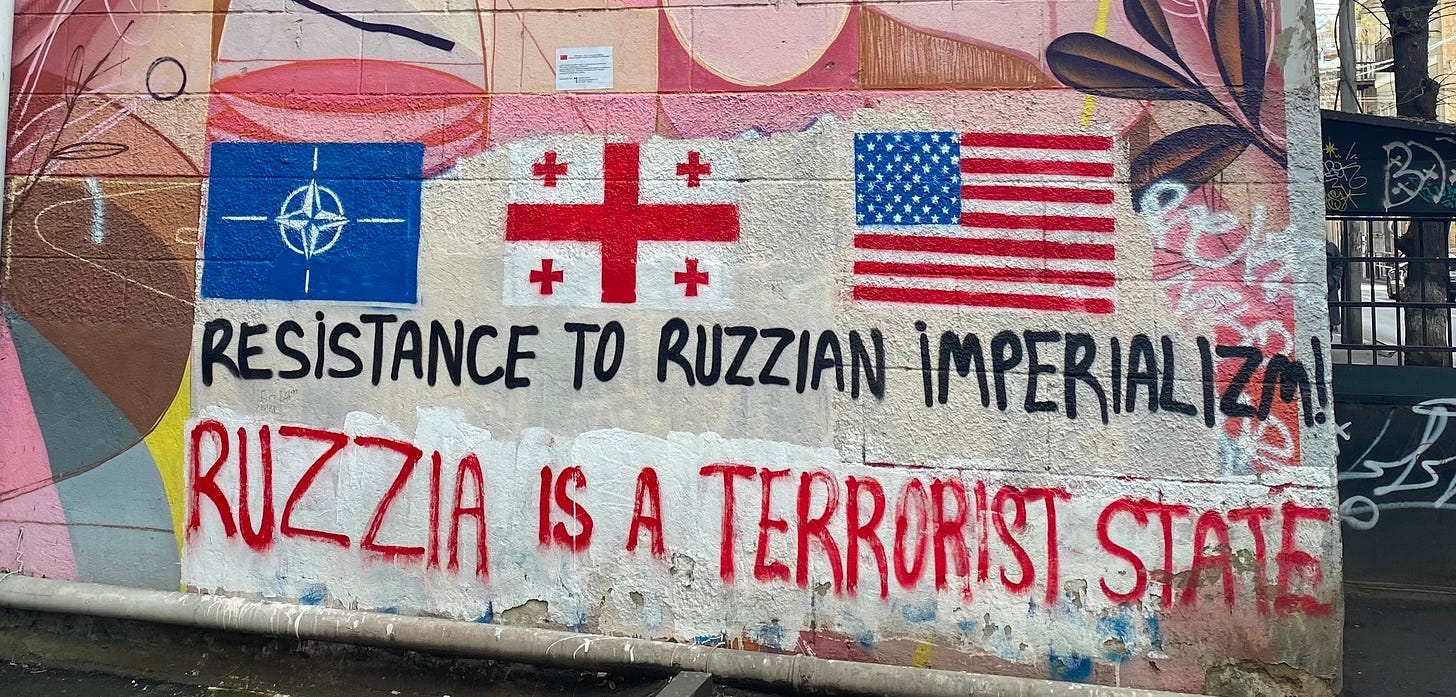The Deceptive Elections in Georgia
On October 26, 2024, Georgia witnessed one of the most controversial elections in its history, marked by the ruling pro-Russia party “Georgian Dream” allegedly securing 54% of the vote against pro-European Union opposition. This result raises significant concerns, particularly for those who have spent time in the country, such as myself. Despite Georgia’s visible cultural inclination towards the West, including the prominent display of EU and NATO flags throughout the capital, Tbilisi, the overwhelming support for a party favoring closer ties with Russia is perplexing. This disconnect emphasizes a fundamental belief gap between the electorate and the displayed sentiments of the populace, which is characterized by strong anti-Russian sentiment.
The prevailing atmosphere in Georgia is heavily influenced by the historical context of its relationship with Russia. With 20% of its territory under Russian occupation, the prevailing narrative among many Georgians is that Russia is their primary adversary, intent on sabotaging their aspirations for integration with Western institutions like the EU. Much of the opposition has alleged that the recent elections were manipulated, a claim that aligns with Russia’s known interests in maintaining its influence within Georgian politics. As the nation grapples with bouts of disillusionment, many locals express concerns about the consequences of empowering a government that many interpret as a proxy for Russian interests, which contrasts starkly with the aspirations of the general population.
In Tbilisi, the vibrant spirit of the youth shines through, exemplified by their activism and involvement in protests against oppressive legislation, like the “Foreign Agents” law aimed at curbing pro-liberty movements. Georgians, notably the youth, have demonstrated remarkable courage and resilience in their pursuit of political freedoms and opposition against foreign control. The Free University of Tbilisi stands out as a beacon of pro-liberty thought and education, showcasing the robust intellectual undercurrents present in the country. The youth’s commitment to their values is striking; they carry EU and NATO flags during protests, embodying their collective aspiration for a future free from Russian domination.
The sentiment among many Georgians regarding the dire implications of the election outcomes encapsulates a larger existential threat to the nation. For numerous young people, the possibility of a continued ‘Dream’ party rule raises daunting considerations, including emigration as a viable option. The prospect of their beloved country falling further under Russian influence is disheartening, prompting profound discussions about identity, freedom, and the choices that lie ahead. Georgia’s potential, steeped in its rich culture and resilient spirit, faces significant jeopardy if the political climate continues along this worrying trajectory.
Georgia’s historical beauty and its people, widely regarded as some of the most welcoming and resilient, are now caught in a precarious struggle against internal and external pressures. The actions of the ‘Dream’ party add to a larger narrative of appeasement that leaves many citizens disillusioned. Solidarity with the Georgian populace is paramount, as they continue their fight against the shadows of oppression. The future of the country hangs in the balance, relying heavily on the opposition’s ability to galvanize support and steer Georgia away from retreating into a cycle of submission.
As the ongoing situation in Georgia unfolds, the international community’s response and involvement will be crucial. The resilience of the Georgian people, particularly the youth, offers hope for resisting the tide of authoritarianism fueled by Russian influence. It is essential to remain vigilant and supportive of their quest for freedom, equality, and a flourishing democracy that aligns with their desire for Western integration. The forthcoming days will be pivotal, and I pledge to closely monitor the developments in Georgia, standing in solidarity with those who search for their voice and a rightful place among free nations.
Share this content:












Post Comment